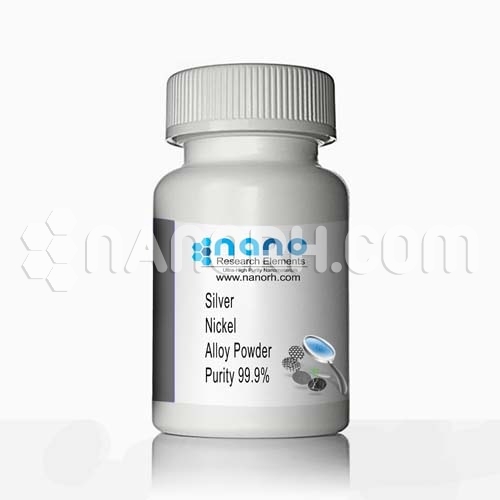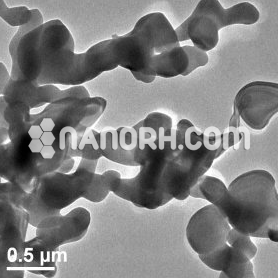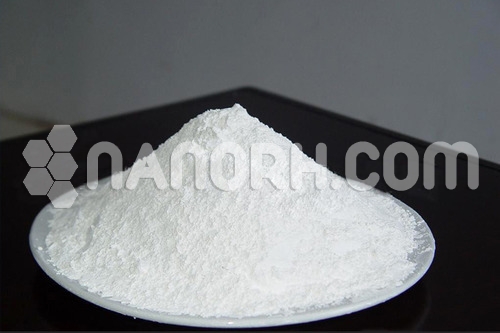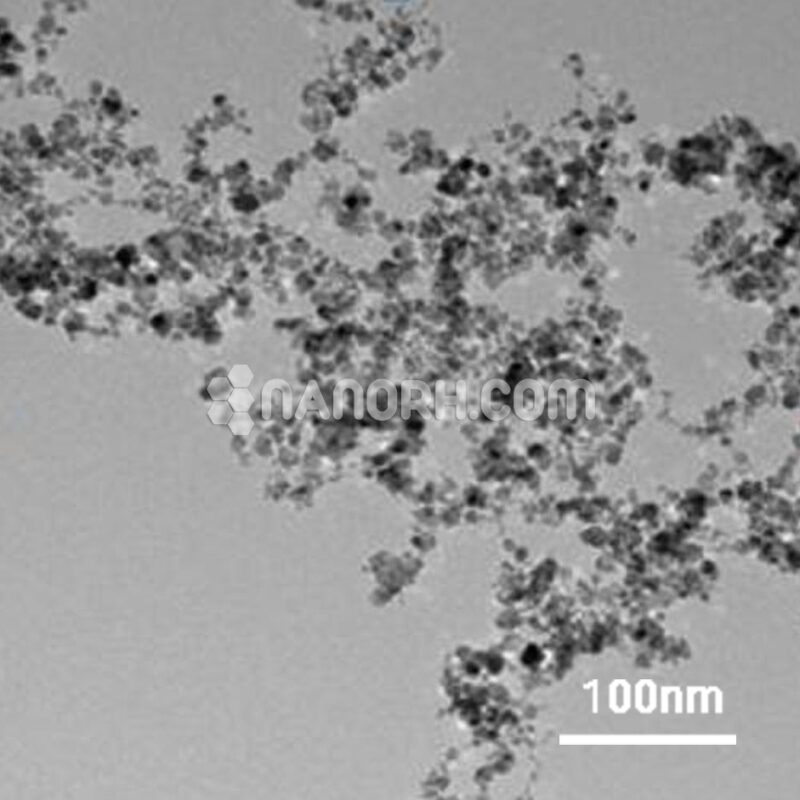| Silver Nickel Alloy Powder | |
| Product No | NRE-9036 |
| CAS No. | 7440-22-4/7440-02-0 |
| Formula | Ag-Ni |
| Molecular Weight | 166.5616 g/mol |
| APS | <40 um (Can be Customized) |
| Purity | 99.9% |
| Density | NA |
| Color | Gray |
| Melting Point | NA |
| Boiling Point | NA |
Silver Nickel Alloy Powder
Applications
Electrical Contacts and Connectors:
Silver-nickel alloy powder is commonly used in the manufacture of electrical contacts and connectors. The alloy’s excellent electrical conductivity and corrosion resistance make it ideal for creating reliable connections in high-performance electronic devices, automotive electrical systems, and telecommunication equipment.
These alloys are especially useful in switches, relays, and fuses, where low contact resistance and long-term reliability are important.
Soldering and Brazing:
Silver-nickel alloys are widely used in soldering and brazing applications, especially in the electronics industry. The powder is used to create solder pastes and brazing fillers that provide a strong bond and good thermal conductivity in applications like printed circuit boards (PCBs) and microelectronics.
The high solderability of silver-nickel alloys ensures that they can be used to create reliable and durable joints, even in small or complex components.
Thermal Management:
Due to its excellent thermal conductivity, silver-nickel alloy powder is used in thermal management systems, such as heat sinks and thermal interfaces. The alloy helps in dissipating heat efficiently from electronic components, LEDs, processors, and power electronics to prevent overheating and ensure reliable performance in high-power applications.
Battery Manufacturing:
Silver-nickel alloy powder is also used in battery production, particularly in the creation of current collectors and electrode materials. The combination of silver’s high conductivity and nickel’s strength ensures efficient charge transfer in rechargeable batteries like nickel-cadmium (NiCd) and nickel-metal hydride (NiMH) batteries.
Precision Components and Wear Parts:
The alloy is used in the manufacture of precision components, including mechanical contacts and wear parts. Its wear resistance and high strength make it ideal for applications where components are exposed to friction and abrasion. This is useful in automotive, aerospace, and industrial equipment that require high-performance components.




